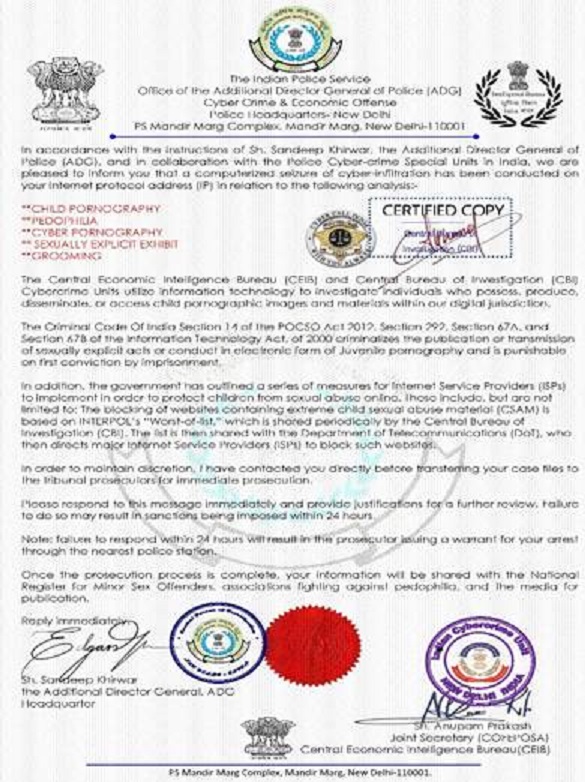Brief History of CARO
Companies (Auditor’s Report) Order i.e. CARO was first introduced in 1988, when central government first introduced Manufacturing and Other Companies (Auditor’s Report) order 1988, which later replaced by CARO 2003, CARO 2004, CARO 2015, CARO 2016 and now with CARO 2020.
Section 143 (11) of Companies Act 2013 mandates that auditor’s report of specified companies shall include additional report containing details or disclosures on specific points as specified in the format of Report.
Recently introduced CARO 2020 has more reporting responsibilities than previous CARO 2016. CARO 2020 is applicable from Financial Year 2021-22.
CARO 2020 has in total 21 clauses, which requires reporting on various aspects covering from Fixed Assets, Inventory and non-compliance with various laws and provisions thereof.
Till now CARO has been revised or changed for 6 times:
- MAOCARO 1988
- CARO 2003
- CARO 2004
- CARO 2015
- CARO 2016
- CARO 2020
Applicability of CARO 2020:
CARO 2020 is applicable to all the companies except the following companies specifically excluded from its purview:
1. One person company.
2. Small companies (Companies with paid up capital less than/equal to Rs 50 lakh and with a last reported turnover which is less than/equal to Rs 2 crore).
3. Banking companies.
4. Companies registered for charitable purposes.
5. Insurance companies.
6. The following private companies are also exempt from the requirements of CARO, 2020: –
-
- Whose gross receipts or revenue (including revenue from discontinuing operations) is less than or equal to Rs 10 crore in the financial year.
- Whose paid up share capital plus reserves is less than or equal to Rs 1 crore as on the balance sheet date (i.e. usually at the end of the FY).
- Not a holding or subsidiary of a Public company.
- Whose borrowings is less than or equal to Rs 1 crore at any time during the FY.

Areas covered or clauses of CARO 2020
1. Details of tangible and intangible assets.
2. Details of inventory and working capital.
3. Details of investments, any guarantee or security or advances or loans given.
4. Compliance in respect of a loan to directors.
5. Compliance in respect of deposits accepted.
6. Maintenance of costing records.
7. Deposit of statutory liabilities.
8. Unrecorded income.
9. Default in repayment of borrowings.
10. Funds raised and utilisation.
11. Fraud and whistle-blower complaints.
12. Compliance by a Nidhi.
13. Compliance on transactions with related parties.
14. Internal audit system.
15. Non-cash dealings with directors.
16. Registration under section 45-IA of RBI Act, 1934.
17. Cash losses.
18. Resignation of statutory auditors.
19. Material uncertainty on meeting liabilities.
20. Transfer to fund specified under Schedule VII of Companies Act, 2013.
21. Qualifications or adverse auditor remarks in other group companies




























